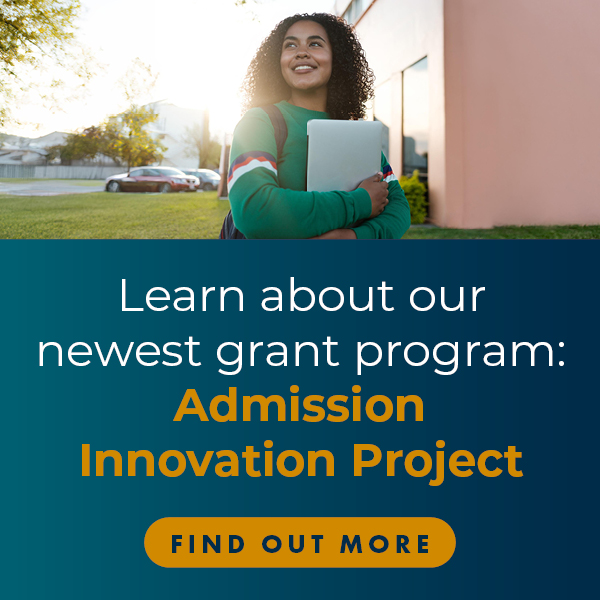Since launching our grantmaking activities in 2014, we have awarded over $26.4 million in support of our research priorities: access, affordability, and the value of legal education.
Awarded Grants
Grant Program
Grant Status

University of Hawai'I William S. Richardson School of Law
The project consists of two interventions – a MBE Intensive Course by Kaplan and a new Advanced Legal Analysis Course – that are designed to improve the legal analytical skills and bar passage prospects of students at the University of Hawai’i, William S. Richardson School of Law. These two interventions are components of a schoolwide effort to raise awareness and address the challenge of bar passage rates.
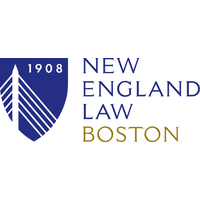
New England Law Boston
This project aims to reduce the bar passage barrier by training law students to rate their ability to self-assess on certain critical study practices and test-taking skills. New England Law Boston will measure the relationship between students’ academic performance and students’ assessment of their own skill levels and the improvement in students’ ability to accurately self-assess.
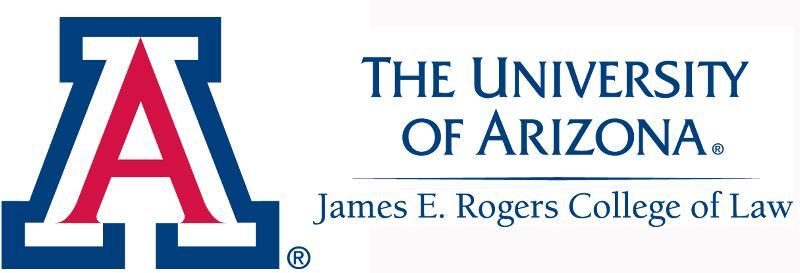
The Law College Association of the University of Arizona - James E. Rogers College of Law
JD-Next is an expanded program for the 2020 cohort and will serve two objectives: 1) to prepare diverse students for success in law school and 2) to provide a valid and reliable test for predicting law school performance. By linking these two goals together, JD-Next aims to achieve strong predictors of success without racial, ethnic, and socioeconomic biases that affect standardized tests.
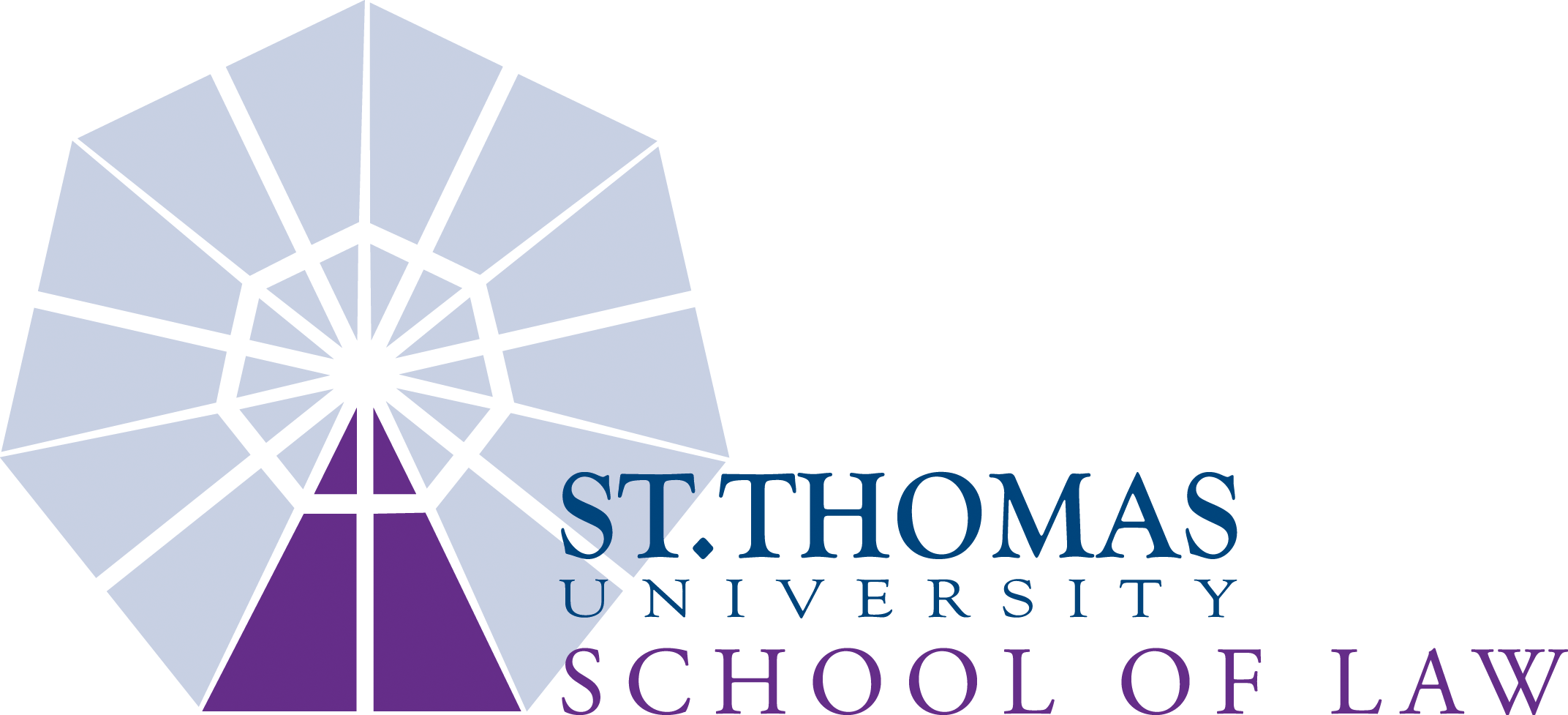
University of St. Thomas School of Law
The project is an updated version of the Survey of Law Student Well-Being that was conducted in 2014 [for a summary of the findings, read Suffering in Silence: The Survey of Law Student Well Being and the Reluctance of Law Students to Seek Help for Substance Use and Mental Health Concerns, 66 J. Leg. Educ. 116 (2016)]. The updated version of the survey would seek to learn how law student well-being has changed since 2014. The overall goal will be to determine whether there have been changes in the prevalence of substance use and mental health issues among law students and the extent to which increased attention to law student (and lawyer) well-being in the last few years has affected the willingness of law students to get help.
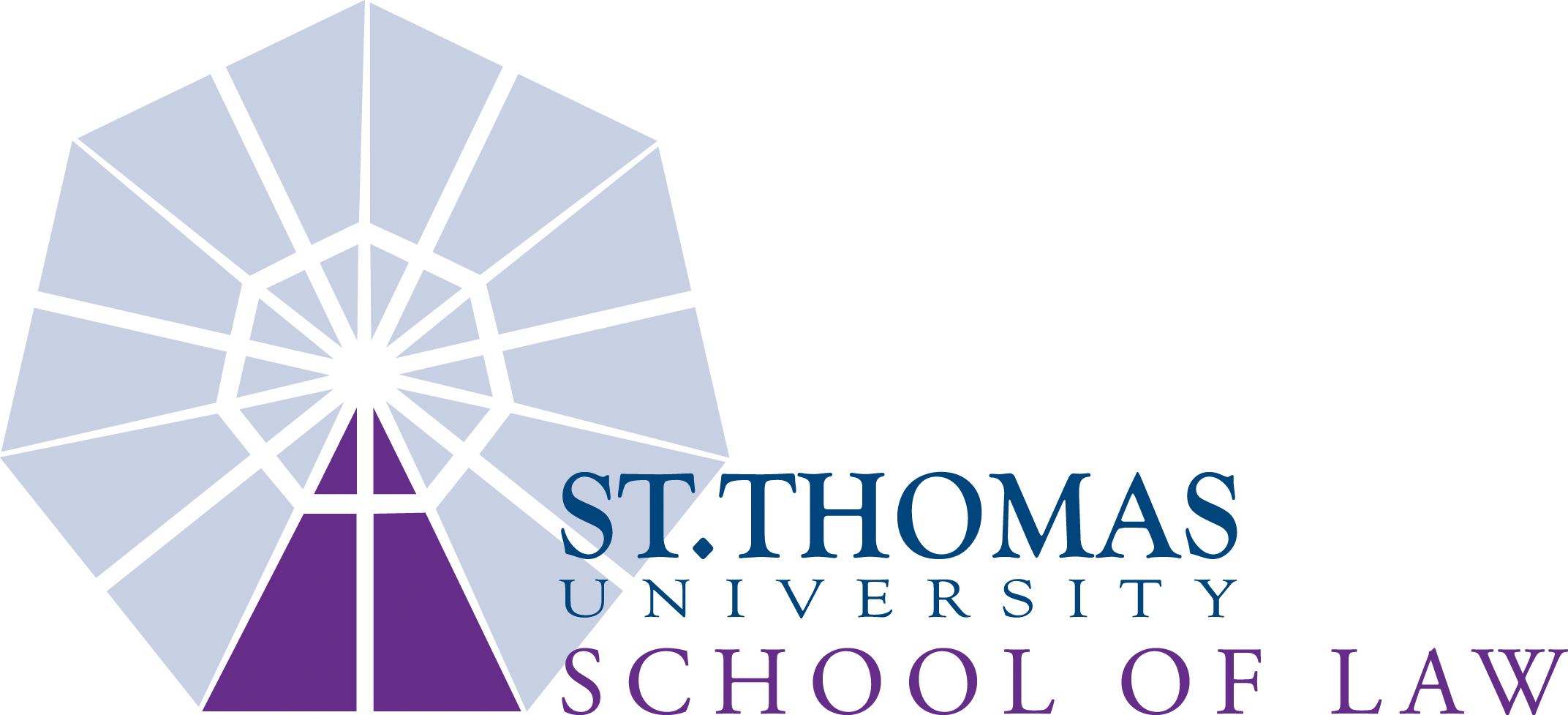
University of St. Thomas School of Law
Over the last few years, a growing number of law schools have implemented a required first-year course/program focused on professional development or professional identity formation. To date, there has been no assessment of which of the courses/programs are most successful in advancing students with respect to learning outcomes associated with professional development. This project would be designed to assess these courses/ programs and to identify the most successful pedagogies.
View grant outcomes.
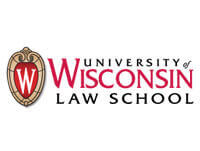
University of Wisconsin Law School
The project is intended to increase our understanding of how a Financial Life Skills (FLS) course can potentially improve undergraduate students' financial knowledge, capability, and well-being. There are three critical aspects related to college students that we wish to explore in this study: financial knowledge, financial attitudes, and financial behavior.
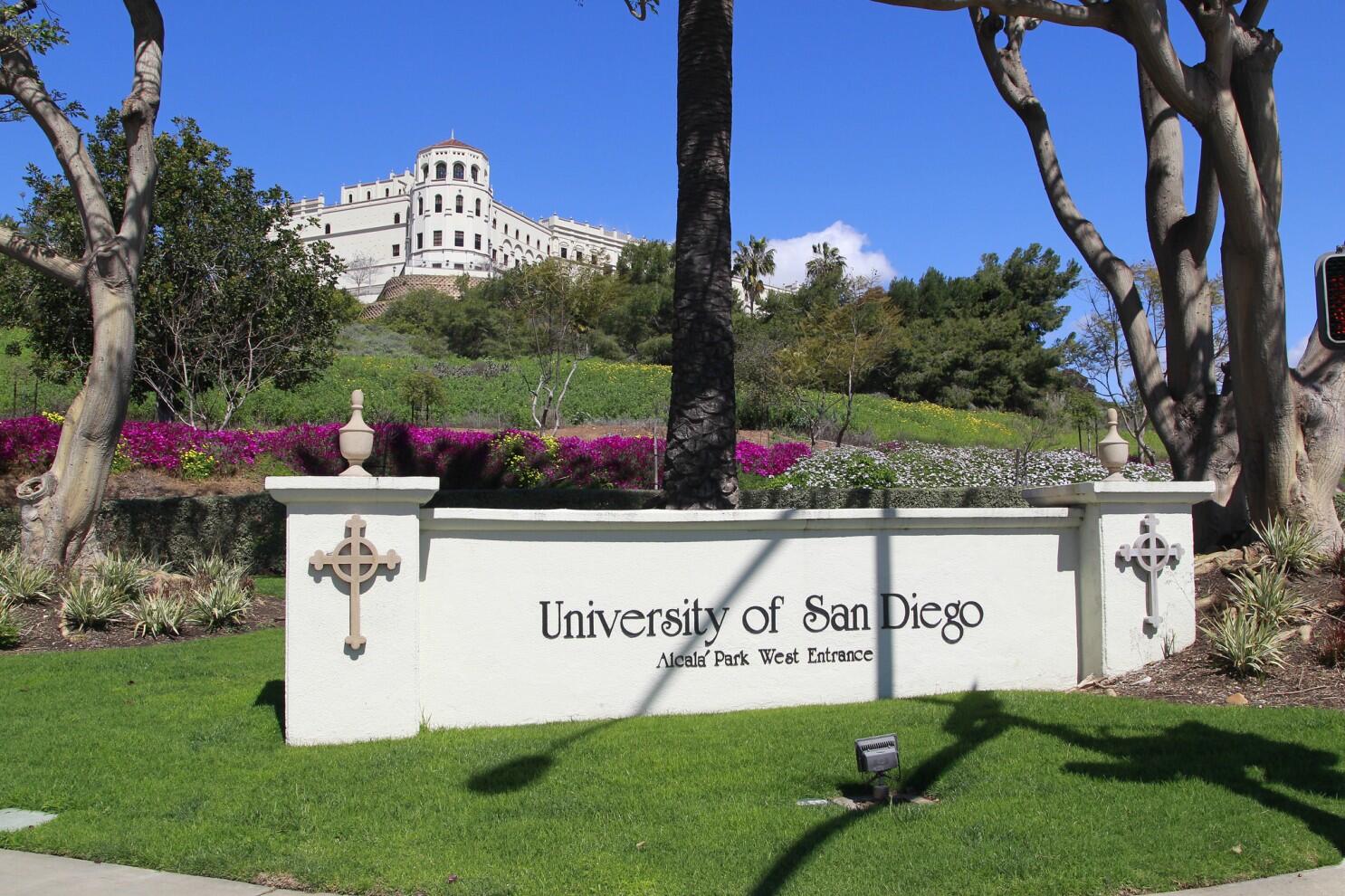
University of San Diego
The University of San Diego School of Law’s (USD) Center for Public Interest Law (CPIL), in partnership with the School of Business Department of Economics, plans to research inequality with respect to access to legal services. USD will investigate whether the lack of diversity in the attorney workforce directly impacts access to legal services by low-income, disadvantaged consumers, and whether the existing cut score of California’s Bar Exam is contributing to the justice gap in California.
View grant outcomes.
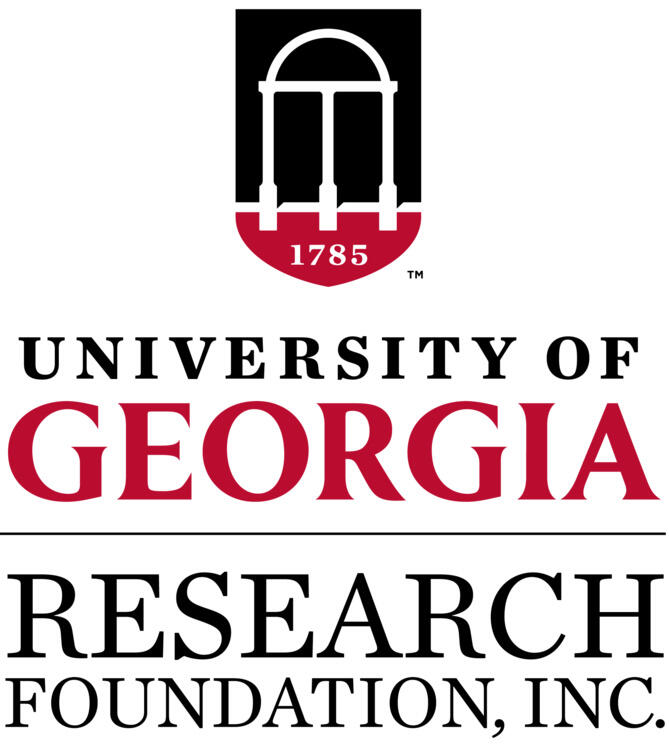
University of Georgia Research Foundation
The project will evaluate the impact of financial education course features on student financial literacy (i.e., financial knowledge, financial skill and financial self-efficacy) and financial well-being. The goal is to examine the effectiveness of collegiate financial education in improving the preparedness of college students to make financial decisions as students and after graduation.

Dillard University
The LEAD Program has identified key components to student success based upon the experiences of the 2018 and 2019 LEAD cohorts. By 2022, LEAD will have data on almost 100 predominately African American students to analyze and share with the pipeline community and the legal academy. By engaging in robust data collection, analysis, and assessment, LEAD can help to develop scalable, data driven best practices for pipeline programs around the United States.



